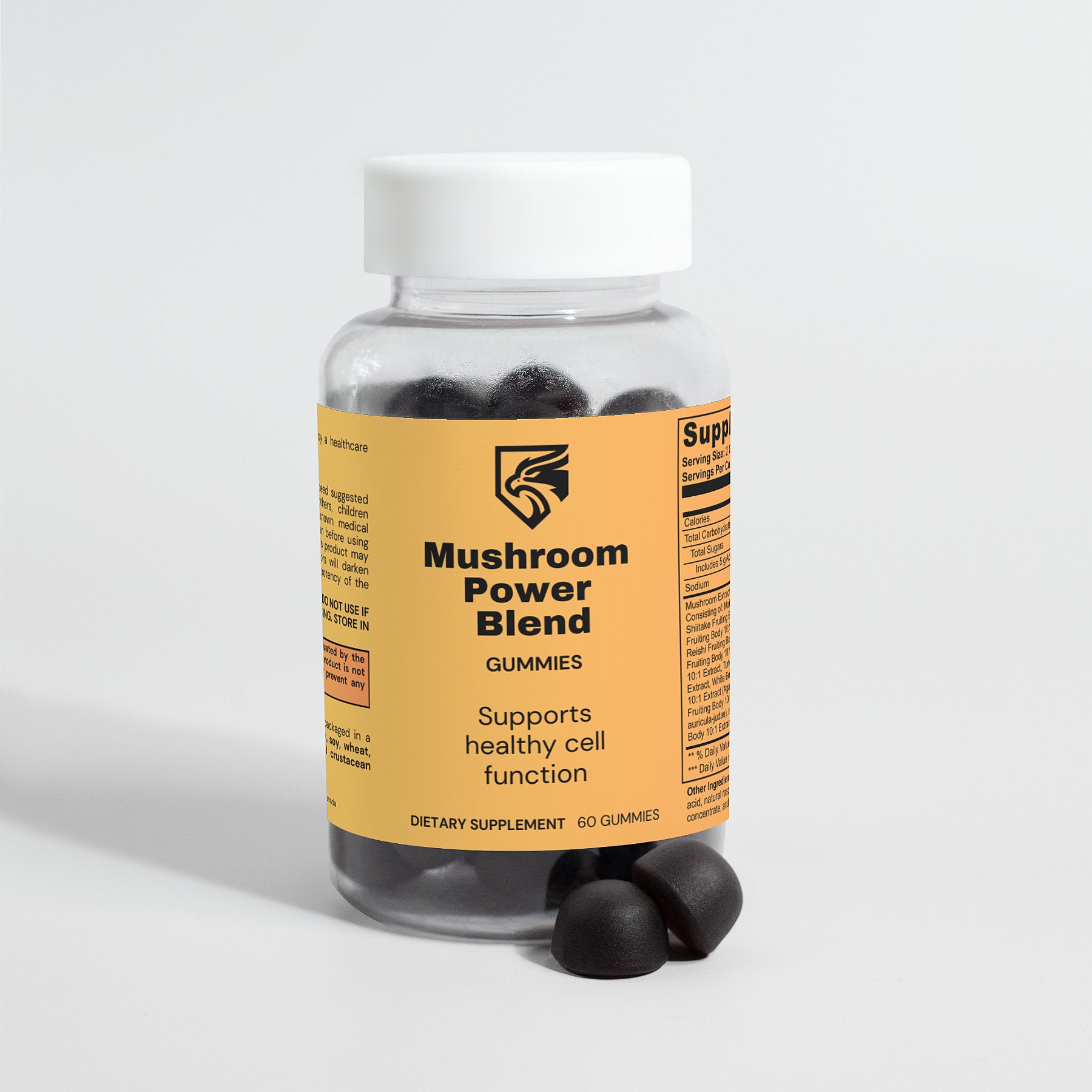Bad habits, whether they involve unhealthy eating, excessive drinking, or sedentary behavior, can have detrimental effects on physical and mental well-being. While various factors contribute to the development and perpetuation of bad habits, emerging research suggests that low testosterone levels may play a significant role in fueling these behaviors. This article explores the relationship between low testosterone and bad habits, shedding light on the physiological and psychological mechanisms that underlie this connection.
Testosterone influences numerous behaviors and traits that are relevant to the development and maintenance of healthy habits. From motivation and self-discipline to impulse control and risk-taking behavior, testosterone plays a crucial role in shaping decision-making processes and behavior patterns.
One of the primary ways in which low testosterone contributes to bad habits is through its impact on mood and motivation. Testosterone is associated with feelings of vitality, drive, and ambition, all of which are essential for maintaining healthy habits such as regular exercise and balanced nutrition. Individuals with low testosterone may experience reduced motivation and energy levels, making it more challenging to adopt and sustain healthy lifestyle choices.
Furthermore, testosterone influences neurotransmitter activity in the brain, particularly in regions associated with reward processing and addiction. Research suggests that low testosterone levels may increase susceptibility to addictive behaviors such as substance abuse, gambling, or compulsive eating. Additionally, testosterone deficiency has been linked to symptoms of depression and anxiety, which can exacerbate reliance on unhealthy coping mechanisms.
The relationship between testosterone and bad habits is further complicated by the reciprocal nature of their interaction. Engaging in unhealthy behaviors such as excessive drinking or poor dietary choices can further suppress testosterone production, creating a vicious cycle that perpetuates both low testosterone and bad habits.
Breaking free from this cycle requires a comprehensive approach that addresses both the physiological and psychological aspects of low testosterone and bad habits. Hormone replacement therapy may be beneficial for individuals with clinically low testosterone levels, helping to restore motivation and energy levels. However, therapy and counseling are also essential for addressing the underlying emotional and behavioral patterns that contribute to unhealthy habits.
In conclusion, low testosterone levels can contribute to the development and perpetuation of bad habits, creating a vicious cycle that undermines physical and mental well-being. By understanding the link between testosterone and bad habits, individuals can explore strategies to break free from unhealthy patterns and cultivate healthier lifestyles.







Leave a comment
All comments are moderated before being published.
This site is protected by hCaptcha and the hCaptcha Privacy Policy and Terms of Service apply.